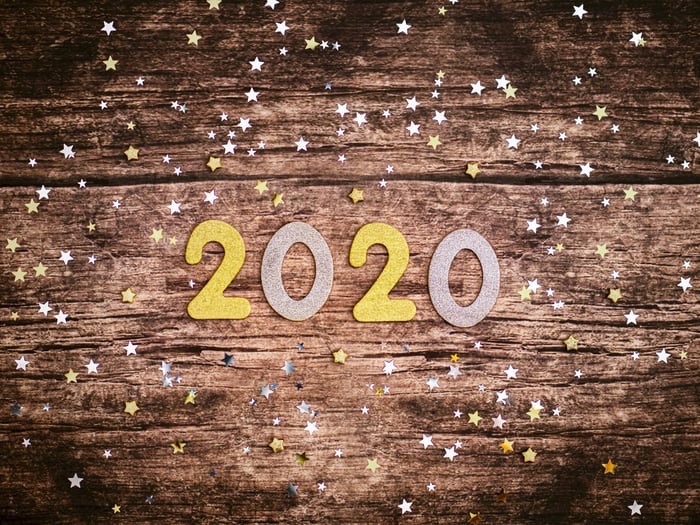
Happy New Year and all that!
By now most of us have carefully packed away all the bits and pieces of Christmas, filled the recycling bin to the brim and possibly made a long list of New Year’s resolutions. However, soon enough reality sets in and good will is yet again replaced with the only too familiar attitude of ‘keep calm and carry on’ where old habits quickly come back into action. In fact, statistics of how long people keep to New Year’s resolutions often show how hard it is to stick to new habits as most people return to old behaviors within 4 weeks. So why is it so hard to follow good intentions and make meaningful changes?
Unrealistic Expectationsfor one can, be a big hindrance in achieving our goals. It has to be said that the media and external triggers especially at this time of year seem to be almost impossible to ignore. Numerous releases of self-help books and better ways to shed the pounds offer recipes for change and almost guarantee success in 4 to 8 weeks. Unfortunately, the assumption that change is easily achievable by following simple steps is often too good to be true and in fact makes it even harder to achieve real change. This one size fits all programs leave little room for self-exploration and self-exploration in my view is necessary to clarify realistic expectations and set reasonable goals.
Time to reflect, is often one of the most important steps to initiate real transformation. To contemplate what it is that we want to change and why we want to make these changes will encourage us to take the ‘risk’ to let go of old habits. After all a lot of us seem to be ‘creatures of habit’ and fall easily back into old ways, almost like on autopilot. I believe that most of our daily lives is controlled by routines. We don’t need to think about how to brush our teeth, dress ourselves or figure out each morning how to get to work. All this is done routinely, almost without any cognitive input as to how we do them, and most of the time this is absolutely fine. In fact, having routines helps us save a lot of energy and time to put into more important things. So, it could be concluded that habits fly below the radar of our consciousness and help us get the mundane things done with the least bit of effort.